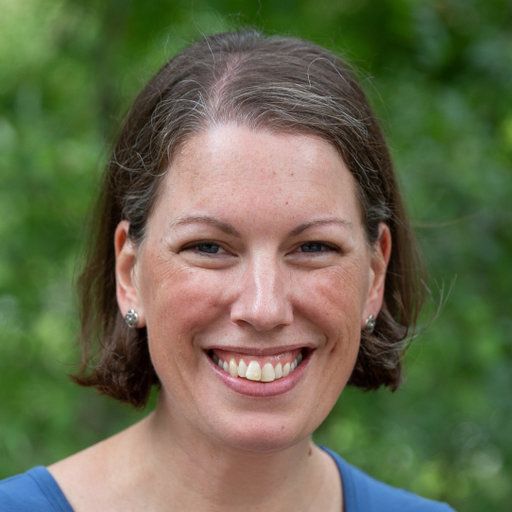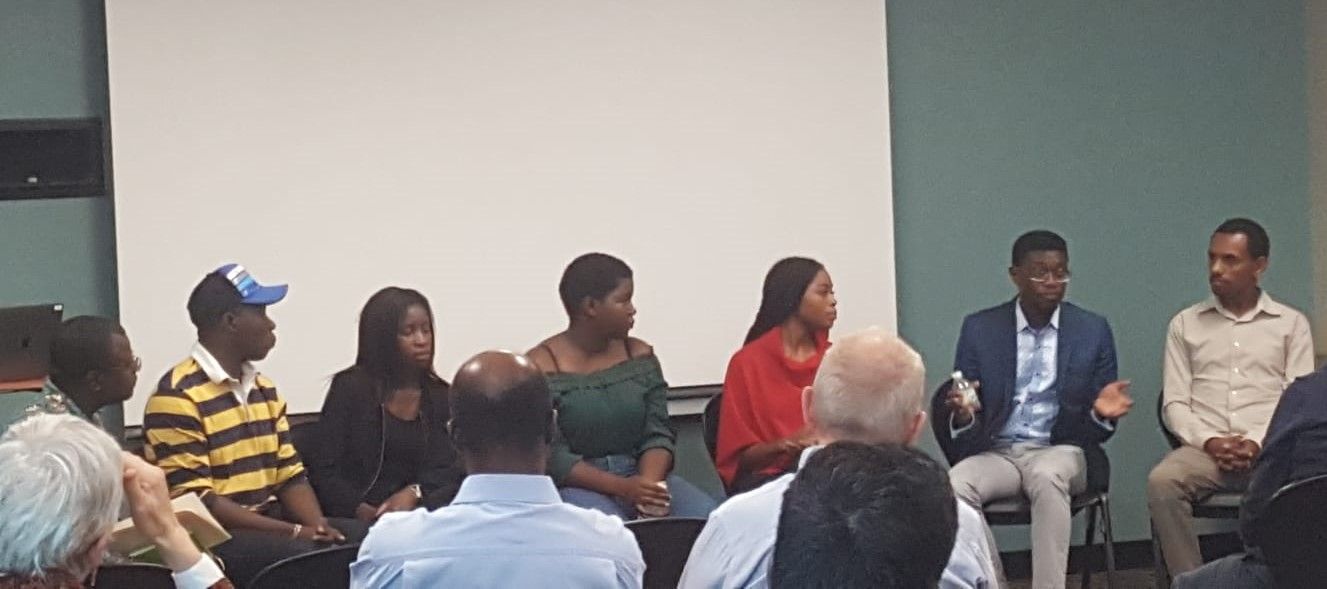
On Friday, September 13, a public symposium on “African Youth Lives and Livelihoods” was co-hosted by MSU’s Department of Teacher Education and the Tanzania Partnership Program. The symposium was funded by a mini-grant from the Year of Global Africa, a campus-wide celebration of MSU’s rich history and connection with many partners in Africa and the African Diaspora. Throughout the Year of Global Africa, MSU colleges, departments, programs and organizations are working closely with the Year of Global Africa team to create activities and programs connected to the three core themes: global Africa, unity in diversity, and partnership.
Dr. Bethany Wilinski, Assistant Professor in the Department of Teacher Education, spearheaded the event to foster new conversations among faculty, students, and community members about issues related to youth in Africa. One of these commonly discussed issues is that the African continent is home to the largest number of young people in the world, resulting in a ‘youth bulge’ that will double the population of the continent by 2050. Wilinski notes that a change in the dialogue on this subject is overdue. “We constantly hear about the impending youth bulge in Africa, which is often portrayed in a negative light. The goal of this event was to consider new ways of conceptualizing challenges associated with the youth bulge and to focus on possibilities for youth in Africa by hearing from African youth themselves and from scholars who work closely with youth.”
The interdisciplinary symposium featured presentations from experts across the country including Dr. Joan DeJaeghere, University of Minnesota; Dr. Mary Mendenhall, Columbia University Teachers College; and Teresa Speciale, University of Wisconsin-Madison. “Each of the invited guests takes a unique approach in their scholarship to understanding the challenges facing Africa’s youth. Their work moves away from seeing the growing population as a liability by focusing on the ways youth are creating new opportunities for themselves amid considerable challenges,” said Wilinski.
In addition to the featured presentations, a group of MSU Mastercard Foundation Scholars participated in a panel discussion on Youth Employment and Entrepreneurship in Africa. In introducing the panel discussion, Dr. Kwame Yeboah, Senior Program Officer for Global Youth Advancement, noted that “the gap between the number of young people entering the labor force and available job opportunities in the formal wage sector widens by 8 million each year. Even in the most optimistic growth scenarios, many young people would need to combine a variety of working arrangements including self-employment in the informal sector to secure their livelihood.”

Among other ideas, the Scholars emphasized the need for educational reforms to reflect the changing needs in the labor market; shifts in the mindset among African youth especially those with significant levels of education from seeing themselves as job seekers to job creators; creating a conducive business environment for youth-owned enterprises through innovative financing, infrastructure development, and strengthening of African youth voices in policy discourse.
Reflecting on the symposium and panel discussion, the Scholars expressed gratitude for the platform the symposium offered them to share their views and learn from each other:
“It is no secret that Michigan State University—throughout its history and especially within the year of Global Africa—is invested in collaborations with the continent of Africa, but the extra step to involve youth like me in the process constantly re-ignites the fire within me to become a driver of real tangible change in my country and in the world. The opportunity to share my perspectives on Employment and Entrepreneurship on the African Youth Symposium Panel will stay with me as I continue on my leadership journey." Natalie Kagole
"We learned a lot from each other, the audience, and even more about ourselves. This discussion was also a way for us to root ourselves into issues regarding the continent even as we are settling into this semester. It was a reminder of who we are, how many opportunities we carry, and how much responsibility we have." Abii-tah Bih
"One of the things I have learned in the symposium is the doubts and aspiration I feel is also felt by fellow African youth. I also got to learn from distinguished Scholars from other institutions about studies and projects done in Africa regarding youth employment opportunities. It gave me inspiration to see that efforts are going both ways—here in the US among Scholars like me and young Africans back home—to change our continent for the better." Hailu Abreha